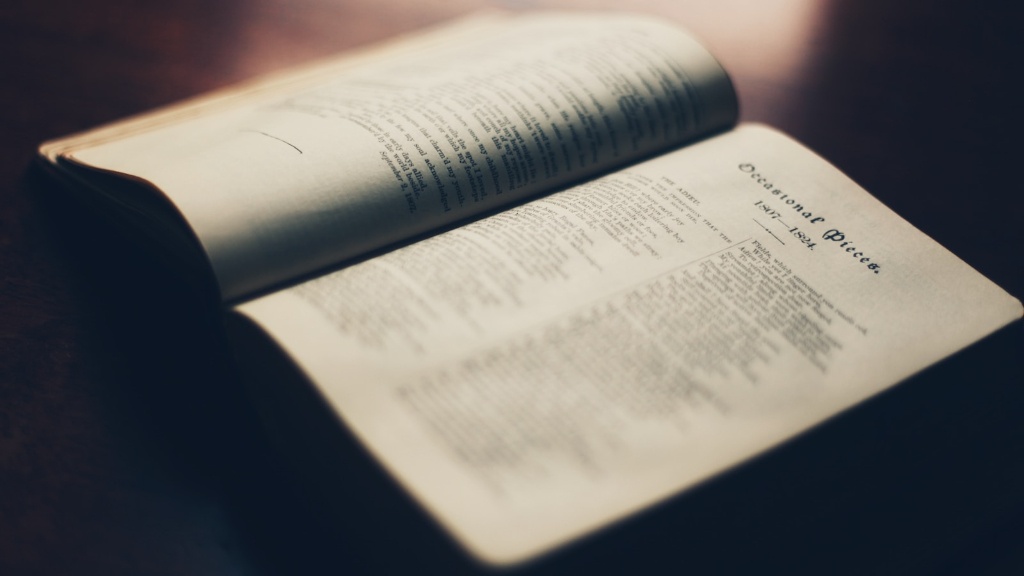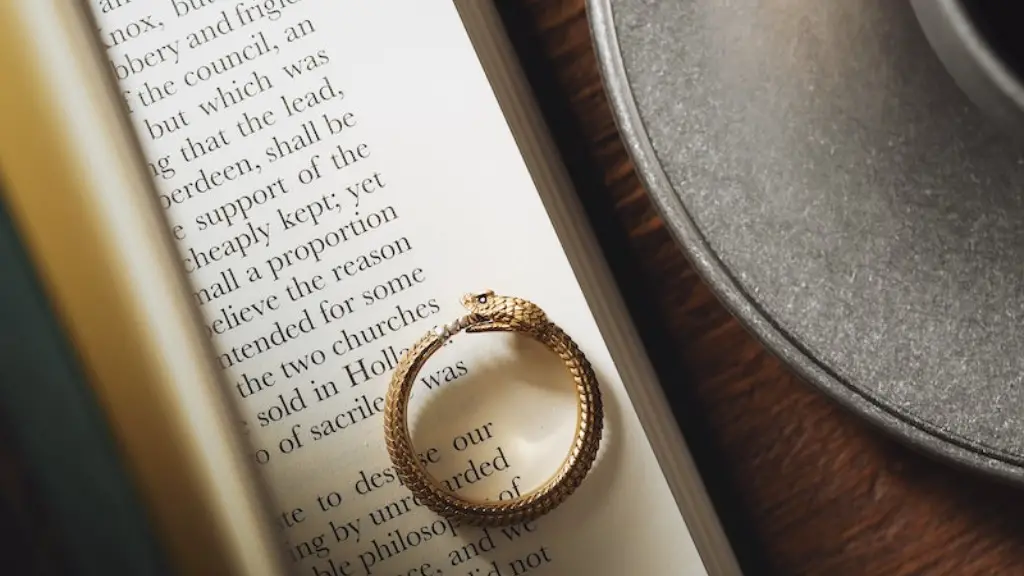Early Life of Walt Whitman
Walt Whitman was born on May 31, 1819, in West Hills, New York, to a large family of nine. He was the second of nine children and born into a Quaker family persecuted for their liberal religious views.
In 1836, Whitman left home to seek a job as a printer in the city, the first step toward his career as a journalist and publisher. He worked as a typesetter, a newspaper reporter and an editor in various cities until, in 1848, Whitman published the first edition of Leaves of Grass, a collection of poems.
Whitman was a popular poet and literary celebrity in his time, and comparisons to William Shakespeare, John Milton, and William Wordsworth were frequently made. He was known for his blunt writing and defense of progressive views, including the rights of women and gays.
Whitman was a complex man, and his writing often mirrored his life. He was both an intense romantic and a driven, ambitious careerist, and his work reflected both sensibilities.
Whitman and Sexuality
Throughout his life, Whitman wrote about matters of sex and desire, mostly in an ambiguous way, though it’s been suggested that some of his writings could be interpreted as expressing his homosexuality. In Leaves of Grass, Whitman wrote of an “adhesive love,” which was seen by some to be a reference to his homosexual desires.
Whitman’s brother, George, wrote in 1892 that Walt had shared with him his long-term relationships with several men. He wrote that Whitman had “had half a dozen loves of his own sex before he was 20”, though it’s unclear whether these were platonic or romantic relationships.
Whitman was acutely aware of the need for discretion: he was well aware of the social and legal taboos relating to sexual minorities. Despite this, in his poetry Whitman often wrote of passion and desire, which has been interpreted as a veiled reference to same-sex love.
This ambiguity has meant that Whiteman himself has been seen as a role model and icon throughout gay rights movements. He has been revered as a prophet of equal rights and acceptance by gay men, lesbians and others.
He implicitly spoke of a “comradeship of equals” between his male characters and left the question of sexual orientation open to interpretation.
The Controversy Regarding Whitman’s Sexuality
While there is much debate about Whitman’s sexuality, there is no concrete evidence that he actually engaged in any sexual activity with another man. Even so, it’s clear that Whitman viewed these relationships as meaningful, lasting connections on a spiritual, if not a physical, level.
Although he wrote about love with both sexes, it’s likely that Whitman did not act on any desires he may have had. He wrote of his admiration for many women in his poetry, and is believed to have had a platonic relationship with a woman in New Orleans in the 1840s.
He had close friendships with many men throughout his life, and some of his most famous poems, including “Song of Myself” and “Crossing Brooklyn Ferry,” are believed to be addressed to those men. These poems appear to express a passionate bond, something he would not have wanted to pursue publicly at the time.
How Whitman’s Sexuality Influenced His Work
Regardless of Whitman’s actual sexuality, his work was revolutionary for its time. He unapologetically wrote about his feelings and desires, including his desire for same-sex relationships. This made him ahead of his time and an early proponent of same-sex rights.
In his writing, Whitman was open about his love for both sexes, which was radical for the era. His willingness to explore his emotions and talk candidly about them was at odds with the Victorian attitude that sex and desire should remain hidden and repressed.
In addition to being open about his feelings, Whitman was also unashamed of his body and wrote about the beauty of the human form. In his writing, he celebrated the beauty of both male and female bodies, something that was not often discussed at the time.
The Legacy of Walt Whitman
To this day, Walt Whitman remains an enigma. He is known for his poetic writing, his progressive views, and his relationship with same-sex partners. He was also an advocate for human rights and an early proponent of gay rights.
The most important thing about Whitman, though, is that he was a pioneer. His willingness to explore and express his emotions, no matter how controversial, set him apart from his contemporaries and made him a revolutionary figure.
Exactly what Whitman’s personal life was is up for debate, but the impact of his writing on American literature is undeniable.
The Relationship Between Whitman and Emerson
Whitman’s work was heavily influenced by the works of Ralph Waldo Emerson. Emerson, a Transcendentalist, wrote poetically about nature, human experience and the interconnectedness of mankind.
Though Emerson and Whitman’s writing styles were vastly different, they shared a similar vision for the world. They both shared a belief in individualism and a disdain for the establishment, and their writings often focused on the beauty of the physical world and humanity’s emotions.
In addition to sharing similar ideas, Whitman and Emerson were also friends. Emerson served as a mentor and role model for Whitman, and the two poets discussed their work together and shared ideas.
The relationship between Whitman and Emerson has influenced generations of poets, writers, and thinkers since. Their shared views on humanity and the world continue to be an inspiration to many.
The Influence on Other Writers
Walt Whitman’s influence on the American literary landscape cannot be overstated. He was a revolutionary figure who championed individual expression and the acceptance of all, regardless of race, gender, or sexuality. His views and writing were groundbreaking for their time, and they continue to be celebrated today.
As a homosexual, Whitman opened doors and provided hope and inspiration to generations of LGBT people who, before Whitman, felt silenced and alone. He blazed the trail for members of the LGBT community and provided an example of courage and self-expression.
Even though Whitman’s sexuality is still widely debated, the impact of his work has been felt by many. In his lifetime and after, he serves as a living example of a man who was passionate, open, and unafraid to express himself.
Whitman’s Impact on Pop Culture
Over the years, Whitman’s legacy has spread beyond the pages of his books and into other arenas. His work has been adapted for television, film, and theater, and he has appeared as a guest on popular television shows.
His influence has been seen in the works of numerous artists and writers, from the swooning lines of Allen Ginsberg to the literary collage of Tom Waits. His work has also been sampled by contemporary hip hop artists, and his influence can still be seen in the music, art, and literature of today.
Whitman’s legacy is an enduring one that has shaped the American literary landscape and influenced generations of writers and thinkers.
The Gay Rights Movement and Whitman
In the late 19th century, the gay rights movement emerged in the U.S., with Whitman becoming a symbol of queer identity. His poetry stirred up controversy and debate about the place of homosexuality in society.
Many gay rights activists found solace in Whitman’s work and looked to him for inspiration. He was one of the first for public figures to speak openly about same-sex relationships, and his work served as a reminder that love is love, no matter what form it takes.
Whitman’s work has been embraced by the gay rights movement and is still a source of comfort and acceptance for queer people today. His work is a reminder that love is a universal right, something each of us should strive to attain regardless of sexual orientation or gender.
Conclusion
Walt Whitman’s writings still resonate with modern audiences, including the LGBT community. He spoke openly about love, both for men and for women, and his writings serve as a source of comfort and acceptance for many.
Though there is no concrete evidence that Whitman was actually a homosexual, his writings were revolutionary for their time and included themes that were not typically discussed in public. His work opened the door for discussion of sexuality and same-sex relationships.
Walt Whitman was an advocate for individual expression and human rights and a pioneer of same-sex relationships. His influence on American literature, pop culture, and the gay rights movement is undeniable and is still celebrated to this day.





